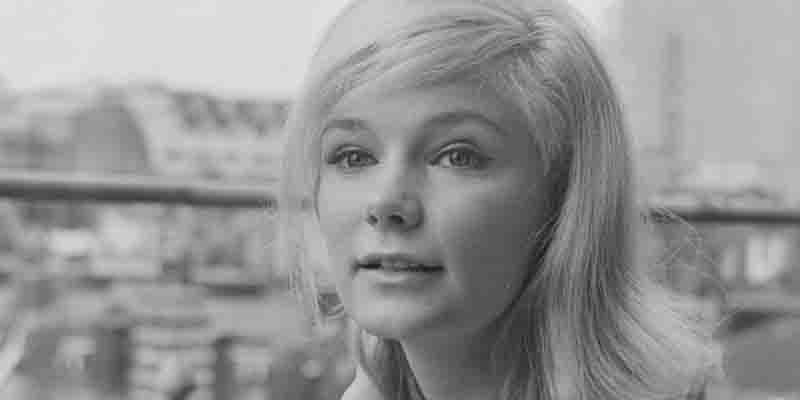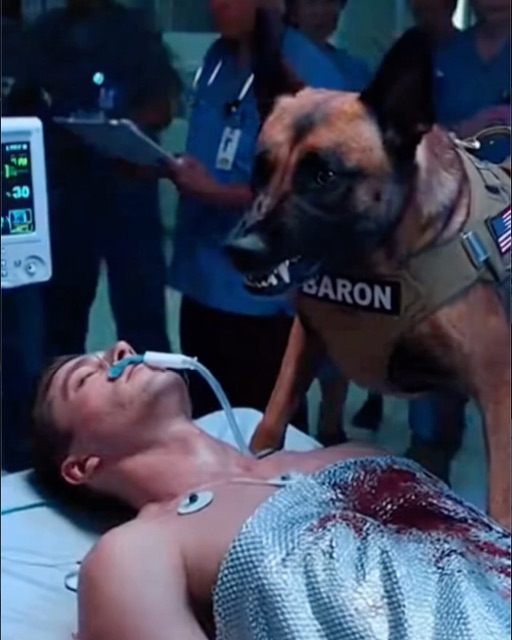Yvette Mimieux, the enchanting blond and blue-eyed actress of the 1960s, known for her roles in films like “Where the Boys Are,” “The Time Machine,” and “Light in the Piazza,” has passed away at the age of 80.
According to family spokesperson Michelle Bega, Yvette peacefully died in her sleep due to natural causes at her Los Angeles residence on a Monday night.

In the 1960 classic “The Time Machine,” based on H.G. Wells’ novel, Yvette portrayed Weena, a character from the gentle, blond-haired Eloi people living in the distant future. Unbeknownst to them, they were being raised as food by the sinister underground Morlocks. This film, along with others from that era, established Yvette as one of the bright new stars of the 1960s.
In the same year, she appeared in the MGM teen film “Where the Boys Are,” portraying one of four college students on their Florida spring break. Her character’s journey through trauma was a pivotal moment in the film.
“I believe I had a sort of soulful characteristic,” Yvette once shared with the Washington Post in 1979. “I was often given roles where I played the deep and sensitive type.”
Born Yvette Carmen Mimieux on January 8, 1942, in Los Angeles, dear Yvette came from a French father and a Mexican mother. Her journey to stardom began at 15 when publicist Jim Byron spotted her riding horseback in the Hollywood Hills from his helicopter. He made an impromptu landing to offer her his card. Yvette started her career as a model before she caught the eye of MGM, which signed her in 1959.
“The subtle approach is the key,” Byron told The AP in 1961, expressing his faith in her star potential. “I think we’ve found another Garbo in Yvette.”
From that point on, Yvette became a familiar face in Hollywood. Life magazine once featured her on their cover, calling her a “Warmly Wistful Starlet.” By the age of 21, Yvette had already appeared in eight films.
In 1962 alone, she showcased her talent in four films, including “The Four Horsemen of the Apocalypse” by Vincent Minnelli and “Light in the Piazza” by Guy Green, where she played a charming, mentally challenged daughter. Her performance alongside George Hamilton, who pursued her character in Florence, Italy, was memorable.
Following this, Yvette played various roles, including a bride in “Toys in the Attic” (1963), an epileptic surfer in “Dr. Kildare” (1964), and a bride once again in “Joy in the Morning” (1965). Her impressive portfolio earned her three Golden Globe nominations, one of which was for the ABC series “The Most Deadly Game,” created by Aaron Spelling.
In the later decades, particularly the ’70s and ’80s, Yvette increasingly turned to television, participating in TV movies, some of which she co-wrote. A notable co-production and co-writing effort was the 1984 CBS TV movie “Obsessive Love,” where she portrayed a fan dangerously fixated on a soap opera star. This reversed the familiar narrative inspired by John Hinckley’s obsession with Jodie Foster, which sparked some debate with network executives.
“The network doubted the believability of my role,” Yvette explained to The New York Times in 1984. “They considered my character too lonely and attractive. I challenged them, questioning their notion that only those deemed unattractive could be crazy, lonely, or have unfulfilled lives.”
Although television wasn’t her ultimate passion, she did express feelings about the limited roles offered to women during her time. She contended with the flat portrayals of women common in the industry. After her role in the Disney film “The Black Hole” in 1979, she gradually stepped back from Hollywood, choosing to retire in her late 40s.
A person with a wide array of pursuits, Yvette enjoyed archeology, painting, and traveling. She consciously decided to maintain her privacy and avoid the constant public scrutiny that often comes with fame.
“I wanted my life to remain private,” she conveyed to the Post. “When magazines insisted on taking pictures of me doing simple domestic tasks, I drew the line.”
She continued, “Some tribes in Africa hold the belief that cameras can capture a piece of your soul. Living life in the public eye has a similar effect—it diminishes the genuine quality of personal relationships.”
Yvette’s personal life included two marriages. She first wed Evan Harland Engber in 1959 but later divorced. She was then married to director Stanley Donen from 1972 to 1985. In 1986, she married real estate mogul Howard F. Ruby, who survives her alongside several stepchildren.




